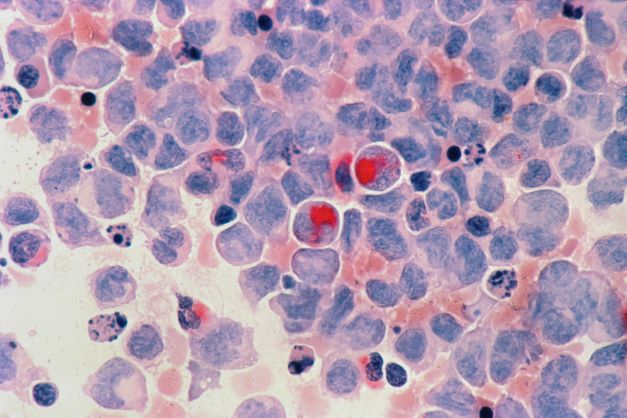
Do you have a sore or new growth in your mouth that won’t resolve itself? If so, it is worth scheduling an appointment with your dentist in Coffs Harbor. Sadly, a sore that lingers for more than a few weeks is one of the most common signs of oral cancer. Oral cancer happens when cancerous cells form in the mouth or the oropharynx (the part of the throat at the back of the mouth).
In this comprehensive guide to oral cancer, Dr. Pathak goes over how to prevent oral cancer, treat it, and ways that survivors can improve their quality of life after beating cancer.
Prevention
Good news! Oral cancer can be avoided, and people have an active role in avoiding it. People are more likely to survive oral cancer with early detection. Learning the warning signs and going to routine oral cancer screenings can help you prevent this potentially life-threatening condition.
Learn the Warning Signs of Oral Cancer
You can detect oral cancer with monthly self-examination. If you notice any unusual differences in your mouth, throat, or neck, speak with your dentist immediately.
Routine Oral Cancer Screenings
Being mindful about early oral cancer detection could save your life. Early detection can dramatically increase long-term survival rates. For these reasons, Dr. Pathak recommends oral cancer screenings:
- Every three years for adults over 20
- Every year for patients over 40
At our Magic Smiles Dental and Implant Centres scattered across New South Wales, we use VELscope® during oral cancer screenings. VELscope is a non-invasive yet powerful device that can identify oral mucosal abnormalities that may indicate oral cancer.
Oral Cancer Treatment
The goal of cancer treatment is to cure cancer so that patients can live longer. Here are some treatments to consider if you have oral cancer:
Radiation
Radiation therapy uses intense energy beams to destroy and restrict the growth of cancerous cells.
Chemotherapy
In a nutshell, chemotherapy involves using anti-cancer drugs to kill cancer cells.
Surgery
While there are many surgeries for oral cancer, the commonality among all surgeries is to remove cancerous tissue.
Life After Oral Cancer
Congratulations! You’ve beaten cancer. If this sounds like it applies to you, you may be interested in medical procedures and therapies intended to improve your quality of life:
Periodontal and Restorative Dentistry
As previously mentioned, some people opt for chemo and radiation to fight cancer. Although often lifesaving, this type of therapy can damage the salivary glands and oral tissue lining and cause a slew of oral health problems, like:
- Dry mouth
- Tooth decay
- Periodontal disease
- Tooth loss
Consequently, patients with oral cancer may need additional dental services to protect and improve their oral health.
Reconstructive Surgery
A common misconception is that oral cancer can only exist in your mouth. However, cancerous cells can metastasize, which means they can spread from the mouth to other parts of the body. If oral cancer metastasizes, surgeons can reconstruct tissue, bones, and nerves so that the body can return to as normal as possible.
Voice Restoration Services
If a laryngectomy is medically necessary, an oral cancer patient may opt for voice restoration services two weeks after surgery. With the power of speech therapy and speech aids (for example, an electrolarynx), people can speak to their loved ones again.
Meet with Our Team for Oral Cancer Screening and More
If it’s time for an oral cancer screening, don’t hesitate to schedule an appointment. Call (02) 6652-3242 or message us online.


